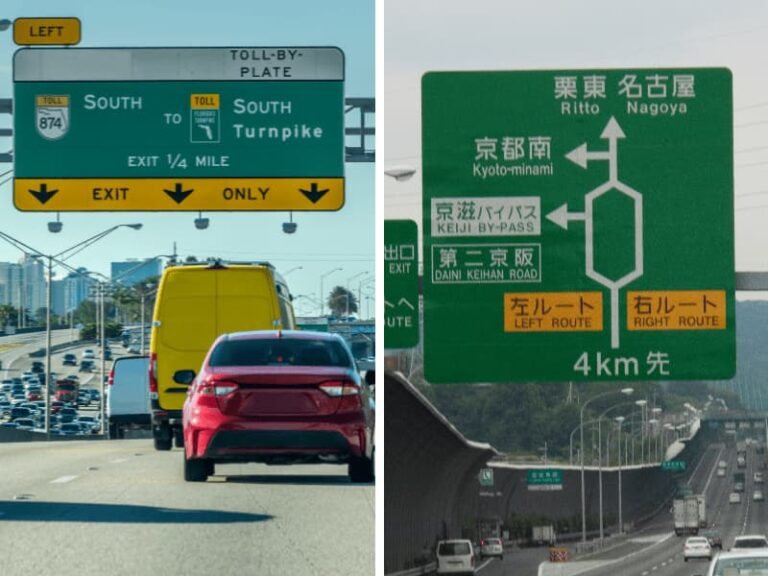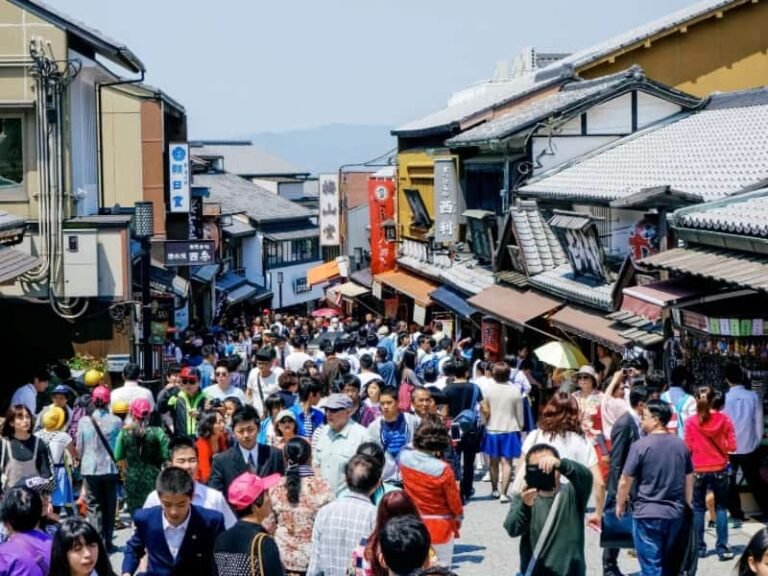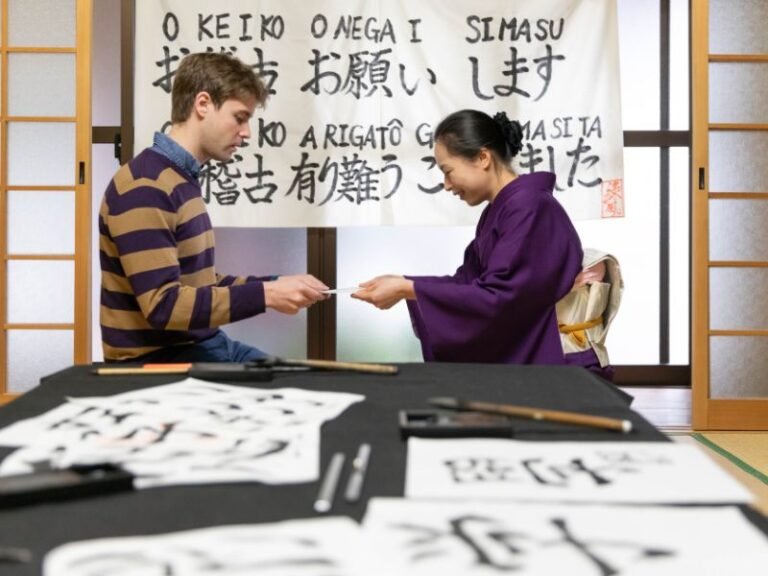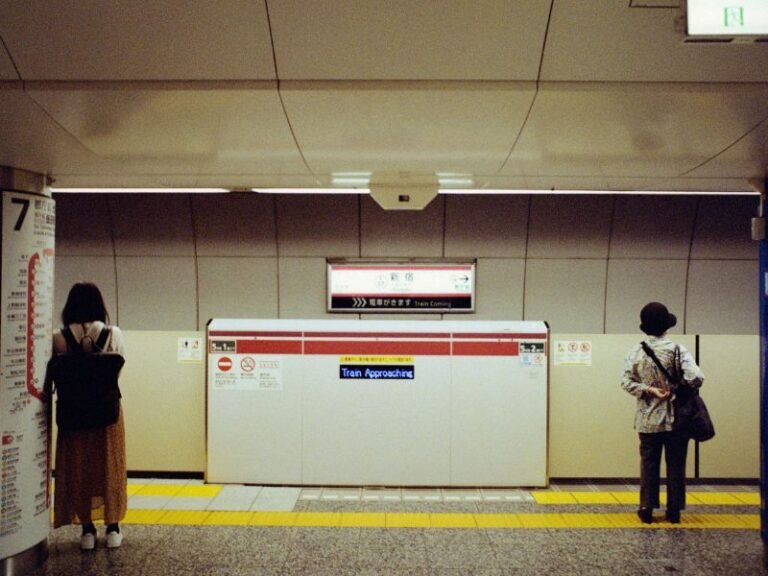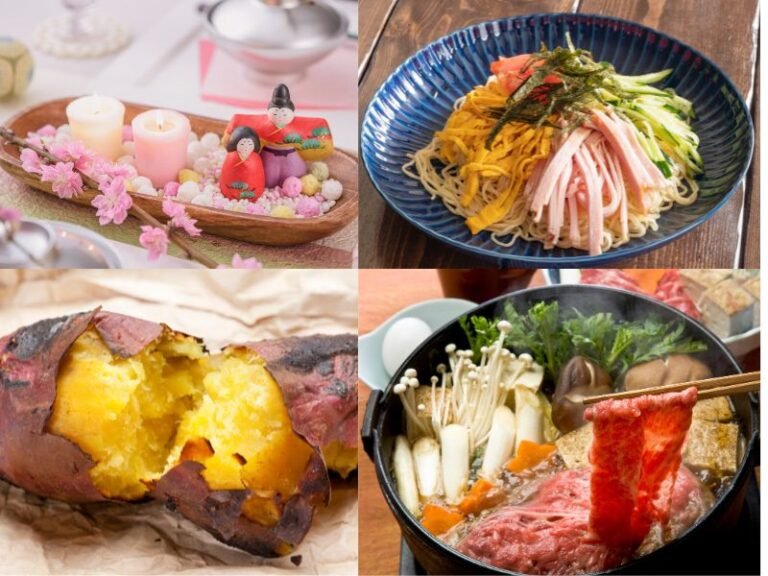“How Are You?” Confused Me for a Long Time – Greeting Culture Shock in the U.S.
Japanese Greetings: Simple and Safe
In Japan, greetings are usually short and clear. You bow. You say, “Ohayou gozaimasu(おはようございます), means Good morning” or “Konnichiwa (こんにちは), means Hello.” If someone says, “Ogenki desu ka(お元気ですか)?” it’s a little more formal and actually means, “How are you?”—but you don’t hear it every day unless it’s a more formal situation
We don’t ask strangers how they’re doing, and we definitely don’t expect deep conversations at the cashier or with a delivery person.
American Greetings: It’s Not Really a Question?!
In the U.S., it feels like everyone asks how you are—but they don’t actually want to know about myself.
At first, I tried to answer seriously:
“How are you?”
“Umm… I’m okay. I didn’t sleep well, and my back hurts a little…”
People would smile and walk away. Or look confused. I didn’t understand what I did wrong!
Later I realized—it’s not a real question. You’re just supposed to say, “Good, how are you?” or “I’m doing well, thanks!”
It’s like a friendly sound, not a deep conversation starter.
The Pressure of Small Talk
Even now, small talk greetings are hard for me.
At the grocery store:
“Hi! How’s your day going?”
“Umm… fine?”
Then they keep talking:
“It’s such a beautiful day today, huh?”
My brain goes: “Yes… but what should I say next? Should I agree? Should I tell them I haven’t been outside yet? Should I make a joke? HELP!”
In Japan, silence is normal. In the U.S., silence feels awkward. People expect you to talk back with energy and friendliness. For me, that’s still a little stressful.
What I’ve Learned (and Still Struggle With)
I’ve learned to say the simple lines like:
• “I’m good, thanks!”
• “It’s going well!”
• “Not bad, how about you?”
And that’s usually enough. I also learned it’s okay to smile and give short answers—even if I’m not feeling very social.
But I still feel a bit nervous when I know I’ll need to talk to strangers. The greetings come so fast, and I’m not always ready with a cheerful answer.
Why It’s So Different
I think this difference shows something deeper.
In Japan, we show kindness through respect and quiet care. We don’t bother people with too many questions. We give space. We don’t assume everyone wants to chat.
In the U.S., people show kindness through warmth and friendliness. Saying “How are you?” is like saying, “I see you. You’re welcome here.” It’s not personal—it’s cultural. I really like this friendly greeting..though I can’t reply well.
My Final Thoughts
Even though I am not good with the greeting in the USA, I really like the phrase “Have a good day!” “You too” which we use when we leave. This phrase makes me happy. We just say “Sayonara (さよなら, meaning good bye)in Japanese when we leave , not express someone’s good day by words. So I may be having special feeling to this phrase.
See you in the next topics. Have a good day!


